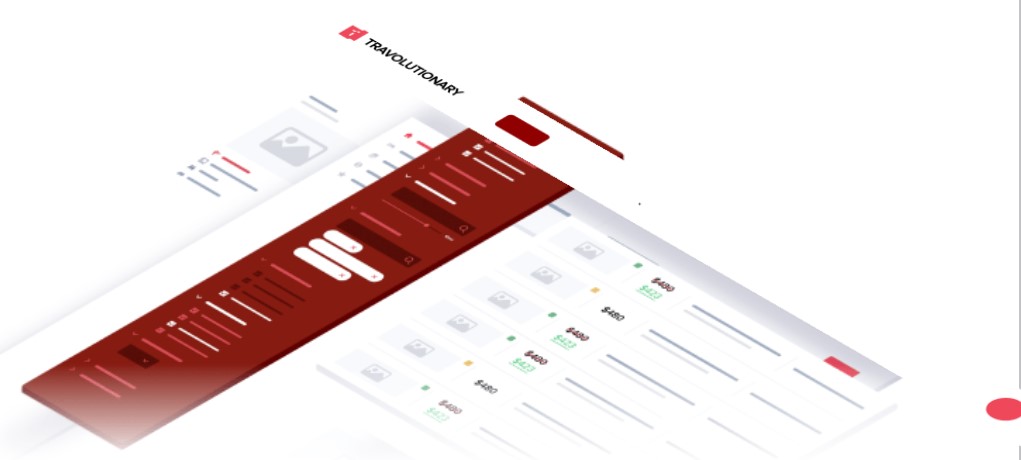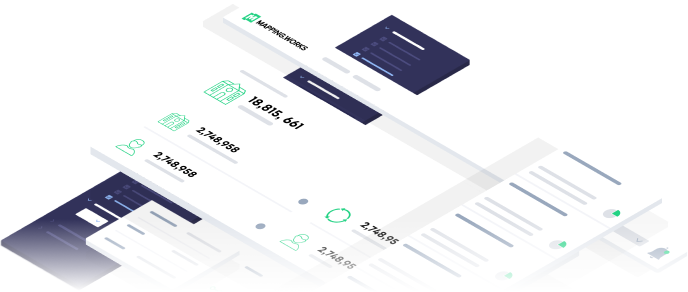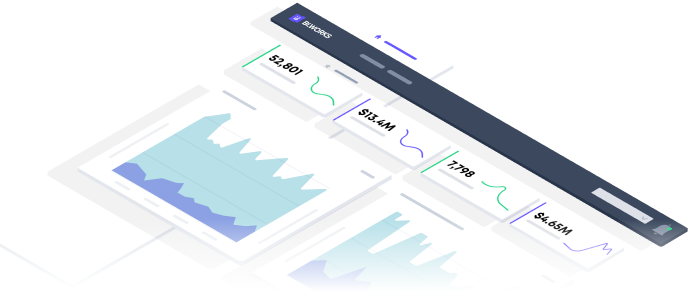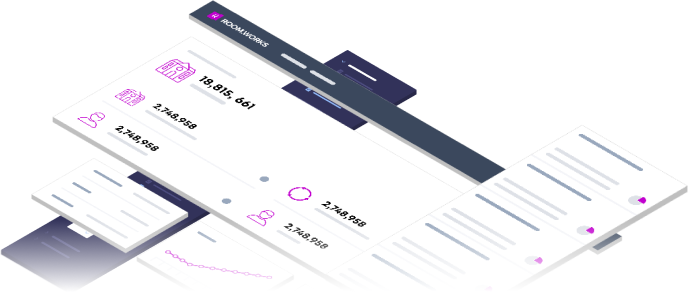What is Revenue Management?
Revenue management is a crucial strategy for travel companies looking to optimize their financial performance. It involves using data-driven approaches to set the right prices for travel products and manage inventory effectively to maximize revenue. This concept, originally popularized in the airline and hotel industries, has become increasingly relevant for all sectors within the travel industry, including tour operators, cruise lines, and online travel agencies.
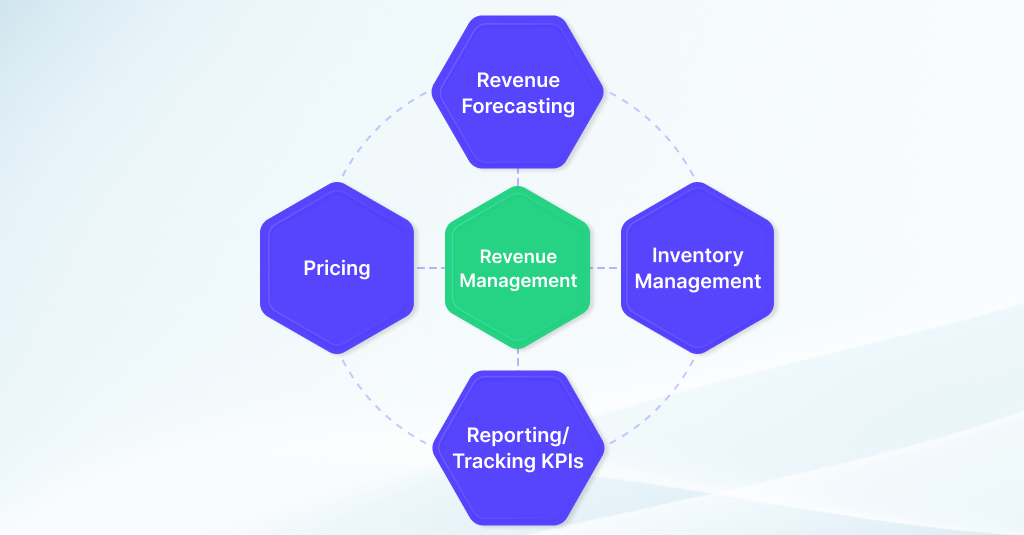
Key Components of Revenue Management
Strategic Pricing: At the heart of revenue management is strategic pricing. This involves setting prices based on various factors, including demand forecasts, customer segmentation, and competitive analysis. For travel companies, this means adjusting prices for flights, hotel rooms, or tour packages to align with market conditions and consumer behavior. By using sophisticated pricing models, companies can predict when customers are willing to pay higher prices and when they are more price-sensitive, thereby maximizing their revenue opportunities.
Inventory Control: Effective inventory control is another key component. This refers to managing the availability of travel products to ensure that they are sold at the most profitable rates. For example, a travel company might limit the number of discount tickets available for a flight or adjust the number of rooms offered at different price points in a hotel. By carefully balancing supply and demand, companies can prevent revenue dilution and ensure that their products are sold at optimal prices.
Data-Driven Decision Making: Revenue management relies heavily on data. Travel companies must analyze historical data, market trends, and customer behavior to make informed pricing and inventory decisions. Advanced analytics tools and AI-powered solutions can help travel companies forecast demand, identify pricing patterns, and optimize their inventory in real-time. This data-driven approach allows companies to respond quickly to market changes and enhance their profitability.
Dynamic Pricing and Personalization: Dynamic pricing is a technique where prices are adjusted in real-time based on current demand and supply conditions. For travel companies, this means implementing flexible pricing strategies that can adapt to changes in customer demand and market trends. Personalization also plays a significant role; by tailoring offers and prices to individual customer preferences and behaviors, travel companies can increase conversion rates and customer satisfaction.
Benefits for Travel Companies
Implementing effective revenue management strategies can lead to numerous benefits for travel companies, including:
Increased Revenue: By optimizing pricing and inventory, companies can maximize their revenue potential and improve overall profitability.
Enhanced Customer Experience: Personalized pricing and targeted offers can enhance customer satisfaction and loyalty.
Competitive Advantage: Effective revenue management provides travel companies with a competitive edge by allowing them to respond more adeptly to market changes and customer demands.
Improved Forecasting: Better data and analytics lead to more accurate demand forecasting, enabling companies to make more informed business decisions.
Conclusion
Revenue management is a vital practice for travel companies seeking to enhance their financial performance and operational efficiency. By leveraging strategic pricing, inventory control, and data-driven insights, travel companies can navigate the complexities of the market and achieve sustainable growth.

